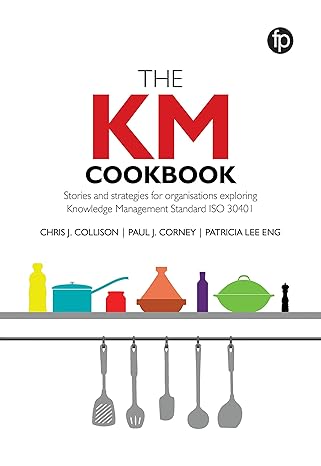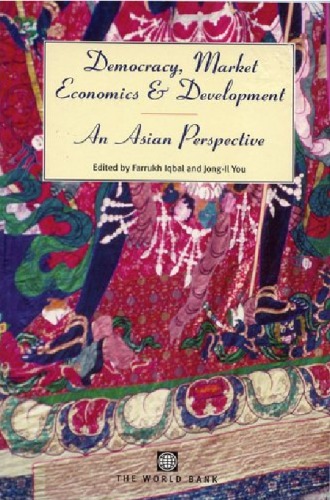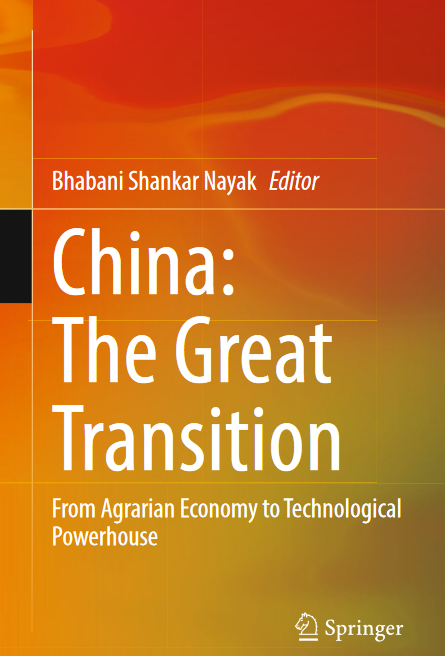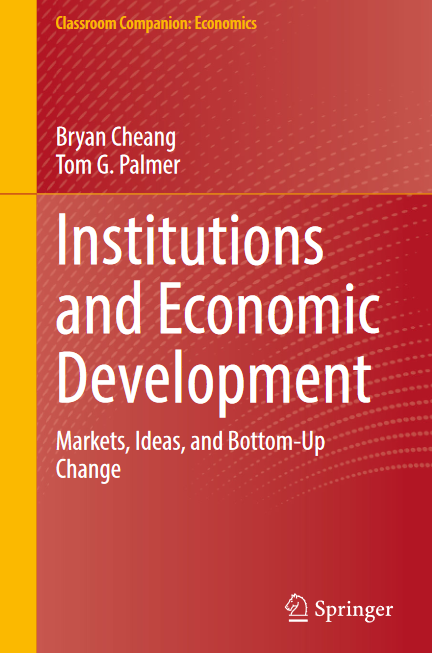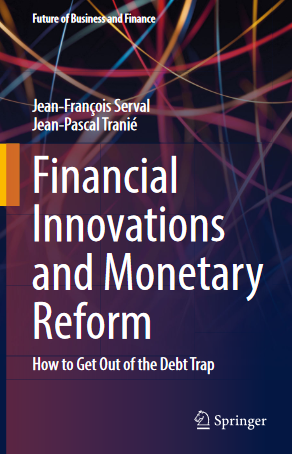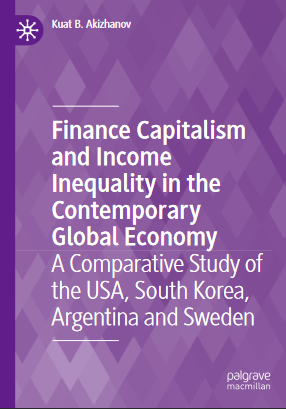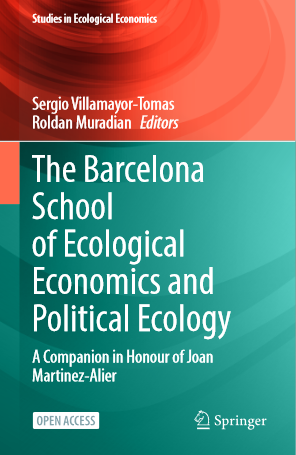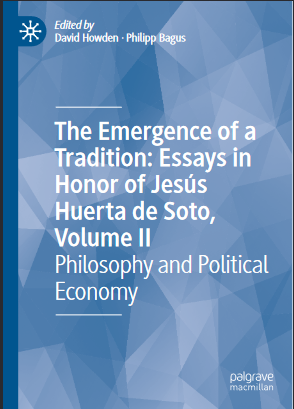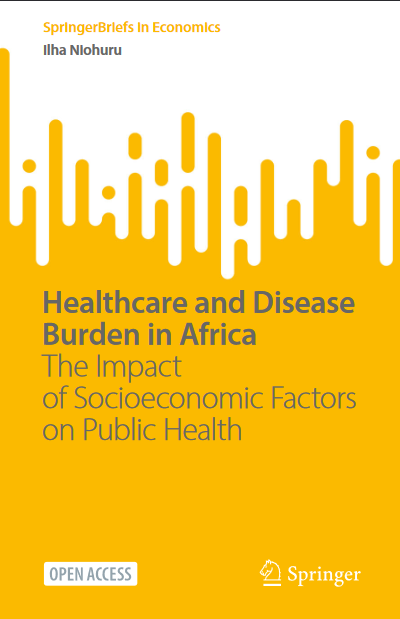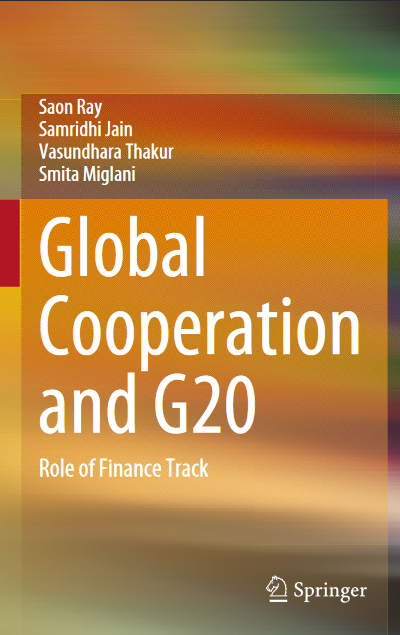موضوعات
آموزش و پرورش
ادبیات و زبان
پزشکی، دندانپزشکی و داروسازی
تاریخ و جغرافیا
داستان و رمان
دیگر
دین و فلسفه
روانشناسی
ریاضیات و آمار
سلامتی، تناسب اندام و رژیم غذایی
شیمی و پلیمر
علوم اجتماعی و حقوق
علوم زیستی و بیوتکنولوژی
فیزیک و نجوم
کامپیوتر و اینترنت
کتابهای کودکان و داستان
کسب و کار و اقتصاد
کشاورزی و دامپزشکی و غذا
معماری
مهندسی و فناوری
هنر و تئاتر
محصولات
The KM Cookbook: Stories and strategies for organisations exploring Knowledge Management Standard ISO30401 - Original PDF
نویسندگان: خلاصه: The KM Cookbook: Stories and strategies for organisations exploring Knowledge Management Standard ISO30401 by Chris J. Collison (Author), Paul J. Corney (Author), Patricia Lee Eng (Author)Democracy, Market Economics, and Development: An Asian Perspective - PDF
نویسندگان: خلاصه: 'Democracy, Market Economics, and Development' evaluates the extent to which democracy is necessary to the achievement of sustainable development in Asia. A selection of papers by distinguished contributors including Amartya Sen, Joseph Stiglitz, and Francis Fukuyama are included in this volume. This book argues that democracy and markets are complementary and that democracy is intrinsic to development. It contends that liberal and participatory democracy encourages development by providing legitimacy to reform efforts. Movement toward liberal and participatory democracy allows for the convergence of the political and economic institutions of Asia and the West. There is broad agreement that effective and sustainable development is multi-faceted and is not only based on changes in per capita income.China: The Great Transition From Agrarian Economy to Technological Powerhouse - Original PDF
نویسندگان: خلاصه: The great transition of China from a subsistence agrarian economy to a technolog- ically driven economic powerhouse reflects the achievements of the hardworking Chinese people. China continues to grow as the second largest economy of the world from 2010 onwards. It is going to be the largest economy in the world by putting US economy behind. The Chinese GDP has increased of 1,500 times from 1952. The transformation of China and its economic growth is neither miraculous nor a product of market economy. The economic development in China is a product of political pursuit shaped by the Chinese people led by the Communist Party of China from 1921 onwards. China is not only the workshop of the world today but also works as the engine of global economic growth. The state led development in China paves the path of recovery and provides direction to the crisis ridden global economy. The rapid transition of Chinese economy and its society is profoundly affecting the competitive capabilities of the capitalist economies. There are consistent attempts by the liberal and western intellectuals, commentators and writers to undermine the Chinese politics and achievements of working people of China. The ideologically driven propaganda is a dangerous trap that hides viable alternatives from people. The phenomenal Chinese economic growth and development led to the significant fall of poverty in China. The World Bank (2022) study on “Four Decades of Poverty Reduction in China Drivers, Insights for the World, and the Way Ahead” shows that China lifted 800 million people out of poverty and contributed to three-quarters of the global reduction of extreme poverty. There were 250 million poor living in rural China in 1978 which has declined in a massive scale. There were more than 750 million (about two-thirds of the population) in China lived below international poverty line in 1990. The commitment and targeted approach of the Chinese government has led to the eradication of absolute poverty in China. There is remarkable growth of access anInstitutions and Economic Development - Original PDF
نویسندگان: خلاصه: Arguably, the most important question in Economics and probably in social sci- ence is ‘why are some nations rich, and others poor?’ Not only is this an interesting theoretical question, it has practical relevance to human living. According to the World Bank, 9.4% of the global population are still living below the poverty line of US$1.90-a-day (The World Bank, 2020). Understanding the factors that con- tribute to a nation’s economic development will help clarify the path forward for development policymaking. This Companion will explore the phenomenon of economic development and review the leading theories explaining why it is present in some nations and absent in others. Such a task will necessarily require one to be selective, as development studies is a complex field involving various disciplines with no easy answers. Even today, development economists debate the causes of development and how to foster it in poor nations, if at all possible. Before diving into development theories, however, this chapter will first define some basic concepts and establish general facts. The subsequent sections will pin down the concept of ‘economic development’ and provide factual information about changes in living standards over time. We show that a real and sustained improvement in living standards has indeed occurred—called the ‘Great Enrich- ment’ which started in the late eighteenth century onwards. Accordingly, we explore the deep determinants of this development and focus on the rules and values in society which have facilitated this improvement in living standardFinancial Innovations and Monetary Reform - Original PDF
نویسندگان: خلاصه: Many economics textbooks have explained the slow transformation from a sub- sistence economy to a barter economy, thus limited by the comparability of the objects or services exchanged. Although an improvement over the subsistence economy, the barter economy remains cumbersome and inefficient, as it requires the simultaneous acceptance of a transaction by both parties with physical delivery. The barter economy eventually gave way to a financial economy that was made possible by the issuance of money, a potentially universal intermediate means of payment, conducive to labor specialization and economic development.1 The Greek civilization and the emerging monetary system that resulted from it led international trade for centuries (from the fifth to the first century BC). Dur- ing this period of antiquity, the countries surrounding the Mediterranean became a world of commercial and industrial competition with the Greeks, the Phoenicians in the west and the Medes on the southeastern border as the playersFinance Capitalism and Income Inequality in the Contemporary Global Economy - Original PDF
نویسندگان: خلاصه: Rising inequality in income distribution is one of the most persistent global challenges, widespread not only in low- and middle-income coun- tries but also in industrialised ones. There is an increasingly alarming sta- tistics on wealth and income disparity as, for instance, four consecutive Oxfam reports have witnessed. Thus, in 2015 the wealthiest 62 individuals owned as much wealth as 3.6 billion people compared with 388 individu- als in 2010. Their wealth had increased from 2010 by 44% or $542 billion, while the wealth of the bottom 50% of the world’s population dropped by 41%, or over one trillion dollars (Oxfam, 2016). By 2016, just eight mostly white men possessed the same amount of wealth as the poorest half of the global population and the richest 1% controlled more wealth than the rest of the globe. Between 1988 and 2011 the incomes of the poorest decile rose by less than $3 a year compared with a 182-fold increase of the richest 1% (Oxfam, 2017). In 12 months of 2017 the incomes of the world’s elite increased by $762 billion which was enough to eradicate extreme poverty seven times over. Between 2006 and 2015 worker income rose by an aver- age of just 2% a year compared with a 13% increase for billionaires per year. In 2017, top 1% earners received 82% of all growth in global wealth, whereas the poorest half of the world population did not benefit at alThe Barcelona School of Ecological Economics and Political Ecology - Original PDF
نویسندگان: خلاصه: Joan (Juan) Martinez-Alier has been a pioneer in ecological economics. In addition to being one of the founding editors of the journal Ecological Economics, he con- tributed enormously to its theoretical development, as well as to uncovering and explaining its foundations in the history of economic thought. As if that were not enough, he served as president of the International Society for Ecological Economics, as professor and mentor of many European students in this new field at the University of Barcelona and as a social activist for ecological justice all over the world. Back in the mid-1960s, I read something he had written that impressed me, and I wrote him about it. Later while attending a conference in Barcelona, I managed to meet him briefly. Our friendship grew at early conferences on ecological economics in Stockholm and Barcelona and in Costa Rica. On a trip to the USA, he visited me at Louisiana State University, and later, I managed to get him as a consultant at the World Bank for a month, although neither his efforts nor mine had much influence on that institution. I regret that the Atlantic Ocean prevented more frequent and closer contact between us. Nevertheless, collegial friendship with Joan has been a great personal benefit to me, as it has also been to many others. His many intellec- tual and moral contributions are a gift to all ecological economists, and to the world. Felicidades y gracias, Joan!The Emergence of a Tradition: Essays in Honor of Jesús Huerta de Soto, Volume II Philosophy and Political Economy - Original PDF
نویسندگان: خلاصه: Only a small minority of people, in our experience, know what Jesús’s full name is. Due to some idiosyncrasies of Spanish naming conventions, this group is dominated by Spaniards. To aid the non-Spanish speaker, a brief explanation of his name is necessary. All Spanish surnames are composed of two parts. The first part is the father’s first surname, and the sec- ond is the mother’s first surname. The general form for all Spanish names becomes [first name] [paternal first surname] [maternal first surname]. Thus, all children have a different surname than their mothers and fathers, though this surname will include elements of both through their respective paternal branches. The children of Juan Garcia Fernandez and Sofia Gonzalez Martin, for example, would all have the surname Garcia Gonzalez. Jesús Huerta de Soto Ballester was born to Jesús Huerta Ballester and Concepción de Soto Acuña. His birth name was Jesús Huerta de Soto, and (after marrying Sonsoles Huarte) his children would have the surname Huerta Huarte. With six children, this linguistically challenging surname would have not been an isolated difficulty. After marriage, Jesús made the decision to legally change the order of his surnames. (This bureaucratic process is not straightforward, nor is it common.) As a result of this change, his first surname, Huerta de Soto, now includes elements of both his father’s and his mother’s names. His second surname, Ballester, is from his father. While the name remains essentially the same (Jesús Huerta de Soto at birth versus Jesús Huerta de Soto Ballester today), the change in ordering meant that the family name passed down to his children would be “Huerta de Soto” instead of “Huerta.” This also applies to their descendants. In all but the most formal situations in Spain, use of only the first surnameHealthcare and Disease Burden in Africa The Impact of Socioeconomic Factors on Public Health - Original PDF
نویسندگان: خلاصه: Chapter 1 Introduction There is an acute scarcity of research and studies on the conditions of healthcare in African countries. According to Marincola and Kariuki (2020), 20% of the global disease burden falls on the shoulders of Africa, yet only 1% of worldwide scientific output focuses on African countries. Filling the epistemological gap is critical, for it will not only shine a light on our understanding of the realities of the continent, but also pave way for more engaged future studies. The investigation of existing health- care conditions in Africa provides an indispensable basis for generating educated responses to the challenges that confront the continent as a whole and across its different localities. Africa also occupies a historically overlooked and underrep- resented position. It is a unique continent with highly diverse cultures, societies, and economic compositions. While significantly different from the Western or more economically developed parts of the world, Africa is playing a crucial role on the global stage in a variety of aspects. Therefore, studies of Africa will not only benefit the regional communities, but also have a long-lasting impact on the rest of the world. Africa carries the oldest and most diverse genome. Around seven billion of the world’s population share a common origin in Africa. The burden of disease in Africa is also shifting from communicable to non-communicable diseases, which is also a major concern of the societies that are more economically developed. Therefore, addressing the disease burden in Africa, in parallel, means investing in the prevention and treatment of diseases in the rest of the world.Global Cooperation and G20 Role of Finance Track - Original PDF
نویسندگان: خلاصه: The realisation that emerging economies were becoming systematically important dawned on the major advanced economies with the Asian and Russian financial crises of the late 1990s, and hence, the necessity was felt for a larger forum than the G7 encompassing the emerging economies. The Group of Twenty Countries (G20) was launched as a forum of the finance ministers and Central Bank governors primarily to address the challenges to international financial stability that had begun in Asia in 1997. The need was felt for a “permanent forum” for informal dialogue between developing and developed countries in the G20. The need for the inclusion of major emerging economies in discussions on the international financial system was underlined by the global financial crisis of 2008. A platform was created where leaders of systemically important countries resolved to coordinate macroeconomic policies to counteract the global financial crisis. In turn, they analysed the deeper, underlying causes of the financial crisis. This chapter introduces and motivates the book and discusses the rationale behind the formation of the G20. It discusses the background of the G20, the role of G7 and G8, and discusses the organisation of the book in the chapters that followآیا کتاب مورد نظر هنوز بر روی سایت قرار نگرفته است؟ جای نگرانی نیست! کافی است بر روی گزینه سفارش کتاب کلیک کرده و درخواست خود را ثبت کنید. در کمتر از چند ساعت کتاب شما را آماده خواهیم کرد.
